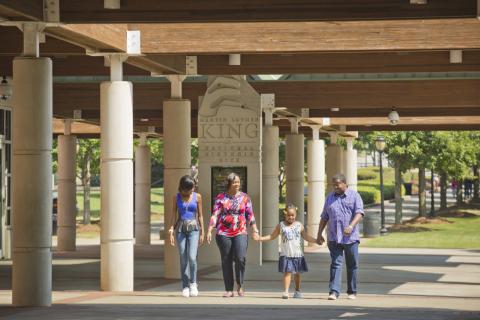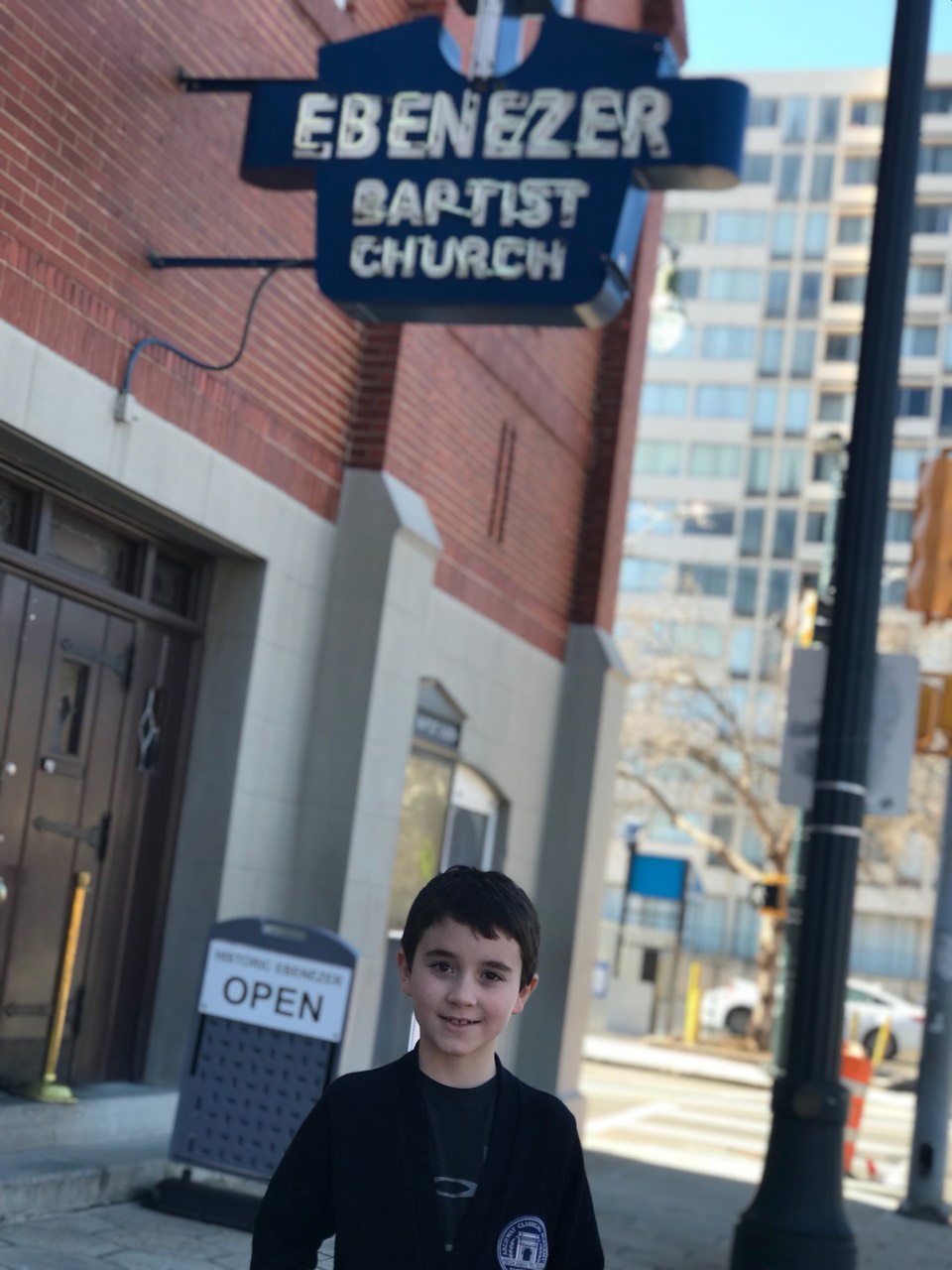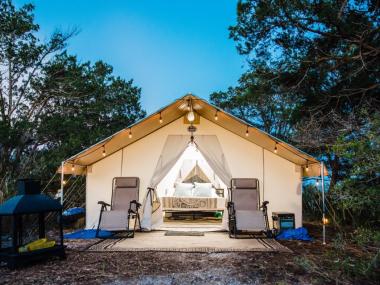How to Talk to Kids About Civil Rights History in Georgia
Indulge kids' curiosity about civil rights leaders and events with help from historic sites and resource centers in Georgia.
For some, talking to kids about civil rights history may feel like a giant, overwhelming task. What do you say? How much do you say? When do you start talking about it? How do you begin? The questions might seem endless, and the unknown answers might cause you to just ditch the whole conversation. But don’t! Your kids need to hear about civil rights history in Georgia and throughout our country!
Before we discuss how to talk to kids about civil rights history in Georgia, we must first agree on why to talk to kids about civil rights history. There are a multitude of reasons why learning about this period in United States history is as important as learning about the American Revolution or WWII. Here are four straight-forward reasons why we need to talk to our kids about civil rights history.
Why to Talk to Kids about Civil Rights History
1. The civil rights era is part of American history.
Just because it is a period that was ugly at times, that doesn’t mean we need to shy away from it. We need to learn from our mistakes as well as our triumphs. The civil rights era has plenty of both.
2. The civil rights period still affects us today.
We are just one or two generations removed from the civil rights period. That means there are millions of people in this country who had to drink from “colored” water fountains, who went to segregated schools, and who were systematically disenfranchised. These experiences shaped who these people became, and often limited their achievements and upward mobility. The effects linger. Also, whether we want to see it or not, some vestiges of the Old South remain.
3. We must learn from history, so we don’t repeat it.
Rampant racism, Jim Crow discrimination codes and forceful segregation can return if we let them. We must learn about our past, mistakes and all, so we can grow.
4. Kids want to learn about it.
In Georgia, you can find monuments to the civil rights period all around us. Kids are curious, and they want to know how our country, our state and our city came to be the way it is. They care more than we give them credit for. Indulge their curiosity about our common history.
Now that we agree on why we must talk to kids about civil rights history, the question remains as to how to do it. The good thing is that there is not just one right way. Look for opportunities to incorporate these conversations into everyday life. Be consistent, and make sure your actions are matching your words. The most important thing is to talk and continue to talk to kids about civil rights history in Georgia.
How to Talk to Kids about Civil Rights History in Georgia
1. Take a trip
You can talk all you want, but it’s what you do that will have the most impact. A fun, uncomplicated way to introduce civil rights history in Georgia is to take kids to the sites where history happened. Take the kids to The King Center in Atlanta. Stop by the Martin Luther King, Jr. Monument Park in Dublin, commemorating where Dr. King gave his first speech. Visit Savannah and see the First African Baptist Church, one of the oldest continuously operating African American church in the United States, and home to many civil rights rallies and organizational meetings. Don’t be afraid to hide history in fun! Let your surroundings dictate your conversations, and continue to have them even after you leave. Use Georgia's Footsteps of Martin Luther King Jr. Trail as a good start. (Explore Georgia has TONS of resources by the way.)
2. Read a book
There are books that are written on every level to help children understand the civil rights period. Look for books that engage the interests of your kids. Athletic kids might be interested in the biography of Muhammad Ali and his evolution during the 1960s. Picture books like “Ruth and the Green Book” can help children understand the day-to-day inequities even African American children experienced while traveling during the civil rights period. A mixture of non-fiction and fiction books can be helpful. Read these books aloud together, and let questions, and their answers, come as they may.
3. Have open conversations
When you drive down Martin Luther King Jr. Blvd., Andrew Young Blvd. or John Lewis Freedom Parkway, talk to your children about why these streets were named for these civil rights icons. Atlanta is an easy city to do this in, but practically every city in Georgia has at least one street named after a civil rights hero. If you don’t know why a person is so famous to have a street named after him or her, let Google inform both you and your children. Let your children see you are learning, too. Don’t think you have to have all the answers.
You can also use the heroes of the civil rights to help you teach morality and kindness to your kids. Use these bigger-than-life personalities in daily life to demonstrate compassion, pride and how to turn the other cheek.
Bottom line: Help your kids understand the tenuous foundation of civil rights in our country.
It’s good to think about how to talk about civil rights history in Georgia to your kids, but the fact that you talk about it all is the most important thing. Make it a point to start the conversations and continue them as your kids grow. Help your kids understand that the legacy of the civil rights era benefits all of us. Everyone’s inalienable rights were trampled when discrimination, prejudice and racism were the law of the land. Like the slogan goes: No one is free until we all are free.








